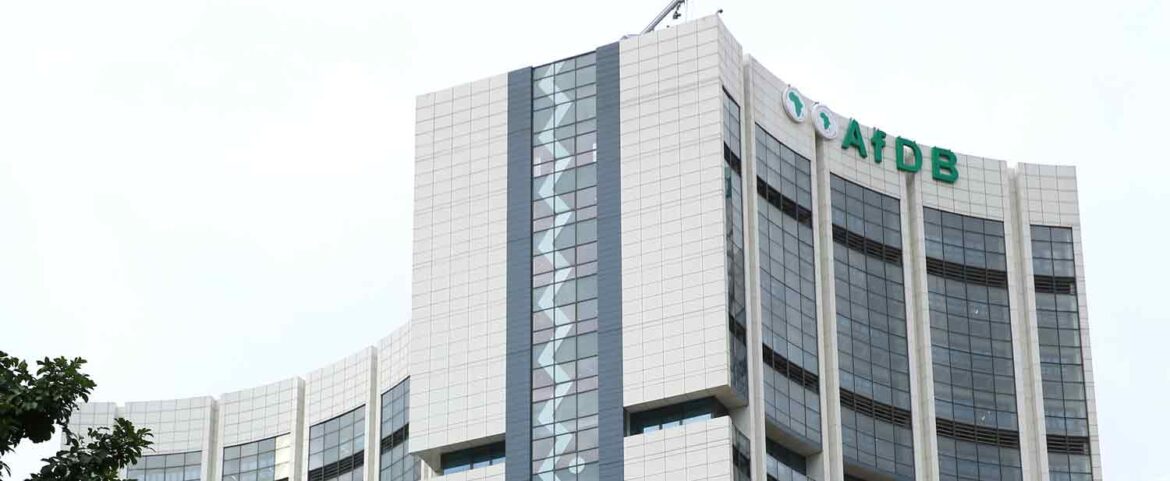By Haruna Gimba
The African Development Bank Group (AfDB) has released its 2022 Annual Report.
The report shows solid performance over the year, recording a significant increase in lending to the Bank Group’s regional member countries in the face of a challenging global environment for Africa.
“Amid multiple global shocks, AfDB once again demonstrated its unwavering commitment to African countries through targeted actions tailored to strengthening resilience across the continent,” African Development Bank President, Dr Akinwumi Adesina said in the foreword to the report.
Africa saw its real gross domestic product growth slow to 3.8 percent in 2022, down from 4.8 percent in 2021, as it reacted to inflation, rising fuel prices and rising geopolitical tensions.
The lingering effects of the COVID-19 pandemic, the growing impact of climate change, and adverse weather also played a role in slowing down GDP growth.
Bank Group approvals of US$8.2 billion in 2022 were significantly higher than in the previous two years ($6.3 billion in 2021 and $6.0 billion in 2020) and getting closer to the 2019 level of US$10.1 billion, thus almost reversing the impact of the COVID-19 pandemic on recent years’ approvals.
The African Development Bank responded to the continent’s food crisis and the supply disruptions of critical inputs for food production by establishing the $1.5 billion African Emergency Food Production Facility to raise the production of several essential food staples, and provide fertilizer and extension services.
In a significant boost to gender equality in 2022, all the Bank’s approved sovereign operations were categorized using the Gender Marker System.
The majority of these operations – 63 percent – contributed directly to women’s access to social services and skills enhancement across the High 5s.
According to the report, Bank cumulative (up to the end of 2022) to women-owned small-and-medium-sized enterprises (SMEs) across 27 countries, and through 56 financial institutions reached $1 billion in approved lending.
The Bank Group adopted various strategies covering its operations.
The Strategy for Addressing Fragility and Building Resilience in Africa (2022–2026) sets out the approach to addressing fragility by building more resilient institutions, economies, and societies in all its African countries.
The Strategy for Quality Health Infrastructure in Africa (2022– 2030) elaborates a framework for the Bank’s engagement in developing health infrastructure, and the Knowledge Management Strategy (2022–2031), outlines the institution’s vision to become the continent’s premier knowledge provider for African countries, to enable them to achieve better outcomes on their development priorities.
The Bank made notable strides to scale up efforts to deal with the effects of climate change. In 2022, 100 percent of the Bank’s generation-related approvals were based on renewable energy.
This compares with a share of 56 percent during 2010–2015, prior to the launch of the New Deal on Energy for Africa in 2016.
At the 27th United Nations Climate change conference held in November 2022 in Sharm el-Sheikh, Egypt, the Bank joined African countries and leaders to “amplify Africa’s voice and priorities on climate change.”
The end of the year saw the historic sixteenth replenishment of the African Development Fund (ADF), the AfDB Group’s concessional lending window to low-income countries.
Development partners committed a record $8.9 billion to ADF. Included in this was $429 million for the Climate Action Window, established to mobilize resources to support climate adaptation actions in ADF countries.
The Fund saw new contributions from Algeria, the Democratic Republic of Congo, and Morocco.
The Bank Group maintained a triple-A rating with a stable outlook from all four major global rating agencies.
“The rating continued to reflect the Bank’s solid capacity adequacy, robust risk management, prudent financial management, high liquidity, and strong shareholder support,” the report noted.




